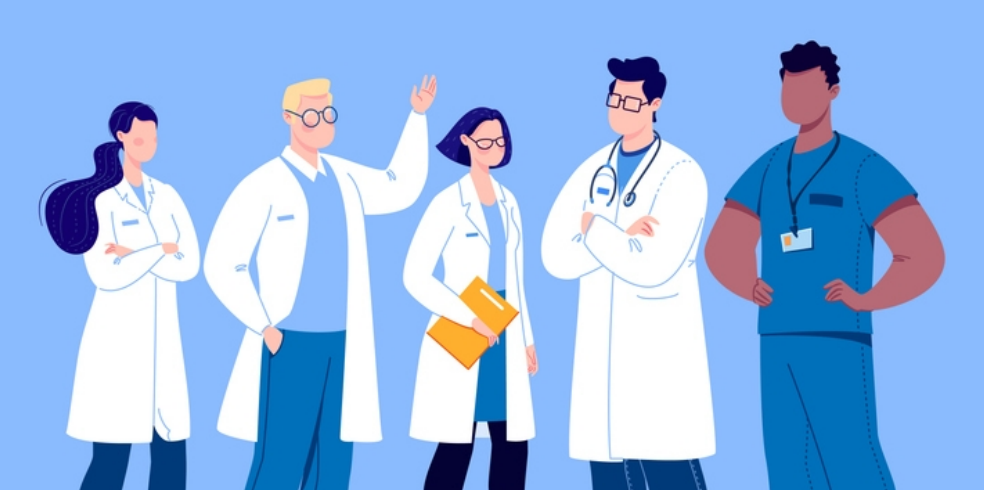Can Drinking Orange Juice Really Keep You from Catching a Cold?
The idea that orange juice can prevent colds has been around for decades, and it’s rooted in the fact that oranges are packed with vitamin C. Vitamin C is an essential nutrient that helps support your immune system by stimulating white blood cells, which is how your body fights infection. The data tells a different story: vitamin C is a key supporting player, but it won’t actually stop you from getting sick. What the research really suggests is that taking vitamin C regularly could reduce the severity and how long symptoms last once a cold begins, meaning you might recover a bit faster. Still, you won’t necessarily avoid getting sick in the first place.
It’s also important to understand that the immune system is complex and relies on much more than just one nutrient. A balanced diet rich in fruits, veggies, lean protein, and whole grains provides a variety of vitamins and minerals, like zinc, vitamin D, and antioxidants, that all work together to help your body respond effectively to viruses. For example, leafy greens, nuts, yogurt, and fish all contain nutrients that strengthen immune defenses in different ways. So, while orange juice is a healthy source of vitamin C, it’s just one piece of the bigger picture.
Prevention is about the whole person. To truly reduce your risk of getting sick, focus on consistent handwashing, staying hydrated, getting 7–9 hours of sleep, regular exercise, and managing stress. These habits support immune function far more effectively than any single beverage. So, enjoy your morning glass of orange juice; it’s refreshing and nutritious, but remember that a strong immune system is built from a variety of healthy choices made day after day.
Does eating late at night cause weight gain?
We’ve all faced the late-night fridge reckoning: staring down a slice of leftover pizza at 10 p.m.while the inner debate rages. The classic advice warns that late-night eating is an express lane to weight gain, but let’s be straight: your body’s metabolism doesn’t actually operate on a strict 8 p.m. cutoff. What matters most is how much and what kind of food you eat over the day. Late-night snacking only becomes a problem when it means extra calories your body doesn’t need or when it’s filled with sugary, fried, or highly processed foods.
Still, our timing habits do play a role in how we feel. Eating heavy food right before settling into bed can mess with your digestion and sleep; two things your body relies on to function and maintain a healthy metabolism. Think of your digestive system as a factory that slows its shift at night. If you send in a big order of burgers and fries right before closing, things might not run smoothly. Plus, research shows that poor sleep can trigger more cravings the next day, setting off a cycle of fatigue and overeating.
If you get hungry before bed, no need to worry; choose something smart. Go for Greek yogurt with a few berries, a banana with peanut butter, or a small handful of nuts. These options help keep your blood sugar steady and curb those late-night cravings without throwing off your goals. Enjoy your evening, maybe trade the chips for something your body will appreciate tomorrow.



